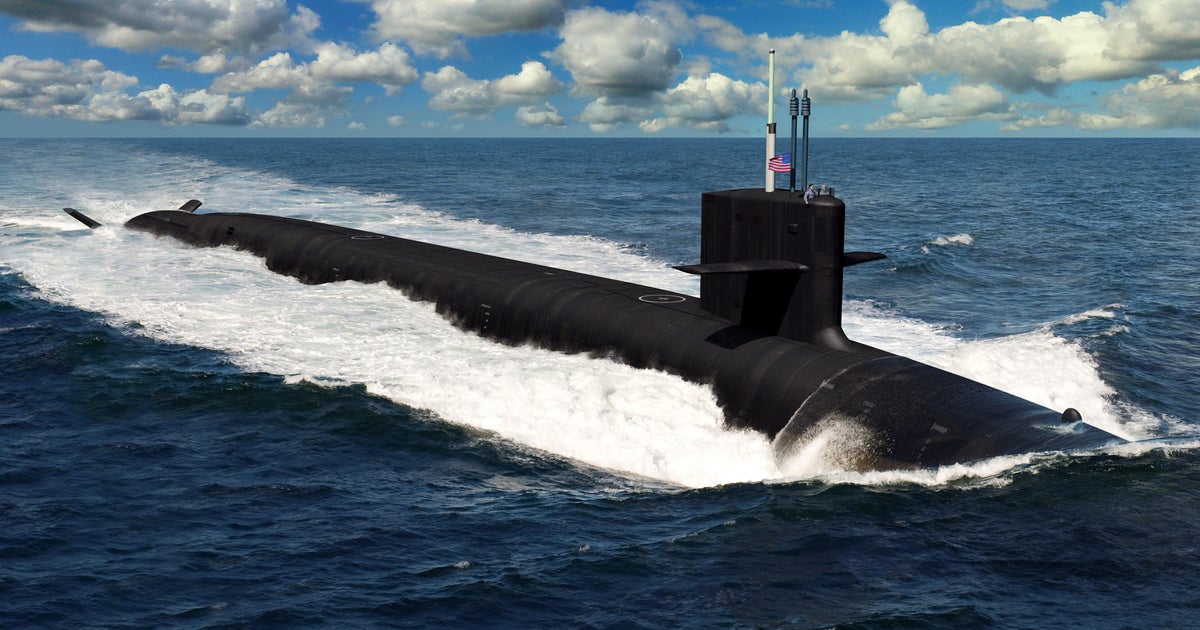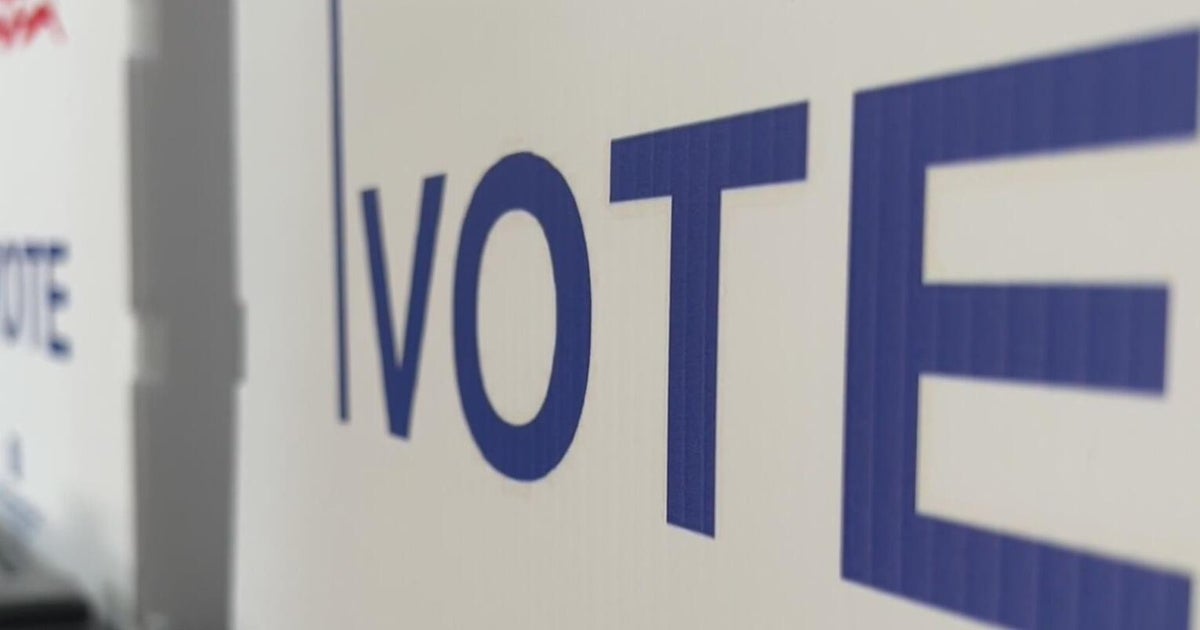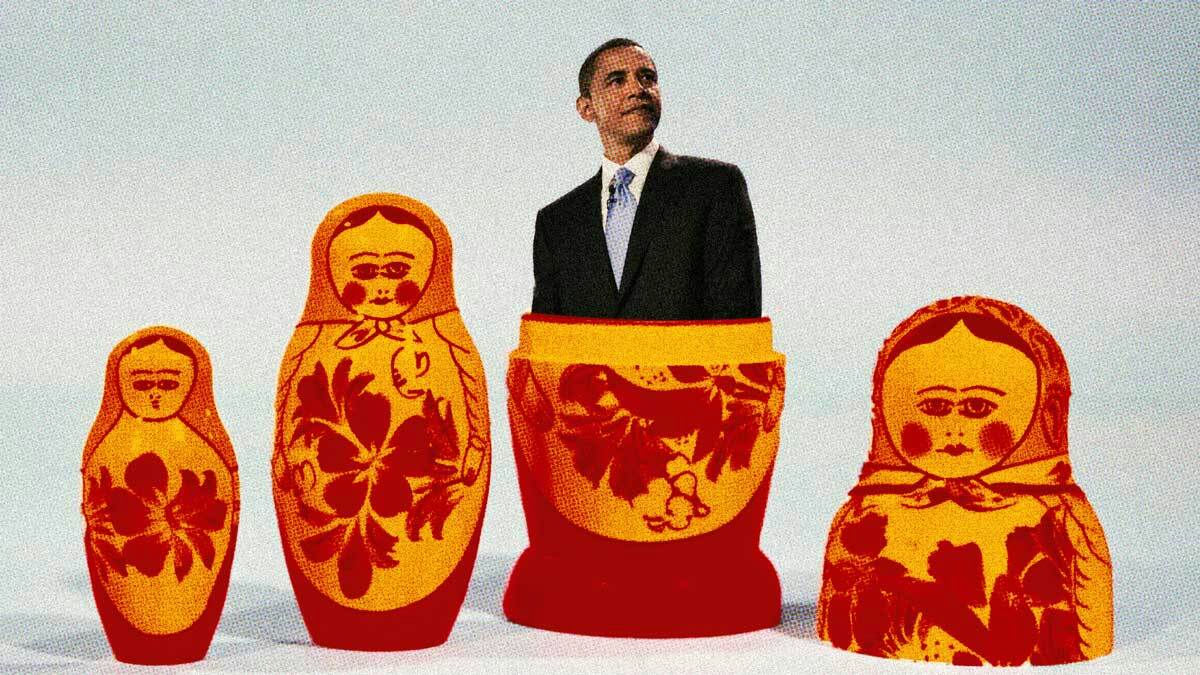Transcripts of conversations between Michael Flynn and former Russian ambassador released
Transcripts have been released of the conversations between former national security adviser Michael Flynn and then-Russian ambassador Sergey Kislyak. The documents were the latest in a series of declassifications related to the government's investigation into Russia's 2016 election interference.
Flynn was fired in February 2017 for lying to Vice President Mike Pence about his conversations with Kislyak. He later pleaded guilty to lying to the FBI about those conversations, although the Justice Department earlier this month moved to dismiss its case against Flynn.
GOP Senators Chuck Grassley and Ron Johnson had requested the transcripts from the Office of the Director of National Intelligence, and newly-installed Director of National Intelligence John Ratcliffe declassified the documents. Lawmakers of both parties had called for the transcripts to be released after Ratcliffe's predecessor, acting DNI Richard Grenell, facilitated the release of a list of Obama administration officials who had requested that Mr. Flynn's identity be revealed in other surveillance reports.
"As I stated throughout the confirmation process, transparency is vital to allowing the American people to have confidence in the Intelligence Community," Ratcliffe said in a statement. "As the Director of National Intelligence, it is my obligation to review declassification requests with the overarching priority of protecting sources and methods, while also providing transparency whenever possible. Accordingly, today the Office of the Director of National Intelligence declassified transcripts concerning Lt. Gen. Michael Flynn."
In the exchanges, which cover the transition period between President Trump's election and his inauguration in January 2017, Flynn and Kislyak discuss policy, and the transition from the Obama administration to the Trump administration. The transcripts detail exchanges over four phone calls – held on December 23, 29, 31 and January 12 – and one voicemail left on January 19 by Kislyak for Flynn. In one exchange, Flynn urged Kislyak to ensure Russia took only "reciprocal" actions in response to the Obama administration's sanctions over election interference.
At around the same time – on December 29 – the Obama administration announced a sweeping set of sanctions on Russian intelligence agencies and officials that were intended to be a retaliatory measure for Russia's coordinated election interference campaign. More than 35 Russians were expelled from the United States and several companies alleged to have been involved in cyberattacks were sanctioned. Russia later vowed retaliation.
"Listen, uh a couple of things. Number one, what I would ask you guys to do — and make sure you, make sure that you convey this, okay? — do not, do not uh, allow this administration to box us in, right now, okay? Um," Flynn said at one point.
"We have conveyed it," Kislyak responded.
Flynn went on to urge Kislyak to ensure that Russia to only respond reciprocally to any actions of the Obama administration, such as kicking Russians out of the U.S., instead of escalating the situation.
"Make it reciprocal. Don't — don't make it — don't go any further than you have to. Because I don't want us to get into something that has to escalate, on a, you know, on a tit-for-tat. You follow me, Ambassador?" Flynn said.
Kislyak responded: "I understand what you're saying, but you know, you might appreciate the sentiments that are raging now in Moscow."
"[…] I do appreciate it, I very much appreciate it," Flynn responds. "But I really don't want us to get into a situation where we're going, you know, where we do this and then you do something bigger, and then you know, everybody's got to go back and forth and everybody's got to be the tough guy here, you know?"
"We don't need to," Kislyak responds, adding, "we need cool heads to prevail."
In an apparent follow-up call on December 31, Kislyak tells Flynn he has a "small message" to pass along from Moscow regarding "action and counter-action."
"Your proposal that we need to act with cold heads, uh, is exactly what is uh, invested in the decision," Kislyak tells Flynn, who replies, "Good."
"And I just wanted to tell you that we found that these actions have targeted not only against Russia, but also against the president elect," Kislyak continues, and expresses hope that Moscow and Washington will "be able to start working in more constructive way."
The two men also extensively discuss Middle East policy, according to the transcripts.
Grassley, whose office released the declassified materials, said in a statement that now, "the American people can now see with their own eyes – for the first time – that all of the innuendo about Lt. General Flynn this whole time was totally bunk. There was nothing improper about his call, and the FBI knew it."
Democrats had a different view. House Intelligence Committee Chairman Adam Schiff, who was among the lawmakers who called for the transcripts' release, said in a statement that the transcripts "clearly demonstrate that Lt. General Michael Flynn lied to the FBI and the Vice President when he denied discussing sanctions in a then-secret set of conversations with the Russian Ambassador."
Schiff went on to say that Flynn's lies to the FBI and Pence made Flynn "a severe counterintelligence risk because the Russians knew the real contents of Flynn's communications and that he lied about them to the some of the most senior officials in the U.S. government."
Mr. Trump has praised Flynn, insisting he was treated badly by federal officials, and hasn't ruled out bringing him back into this administration. FBI director Christopher Wray has ordered an internal review of the agency's handling of the Flynn investigation.




